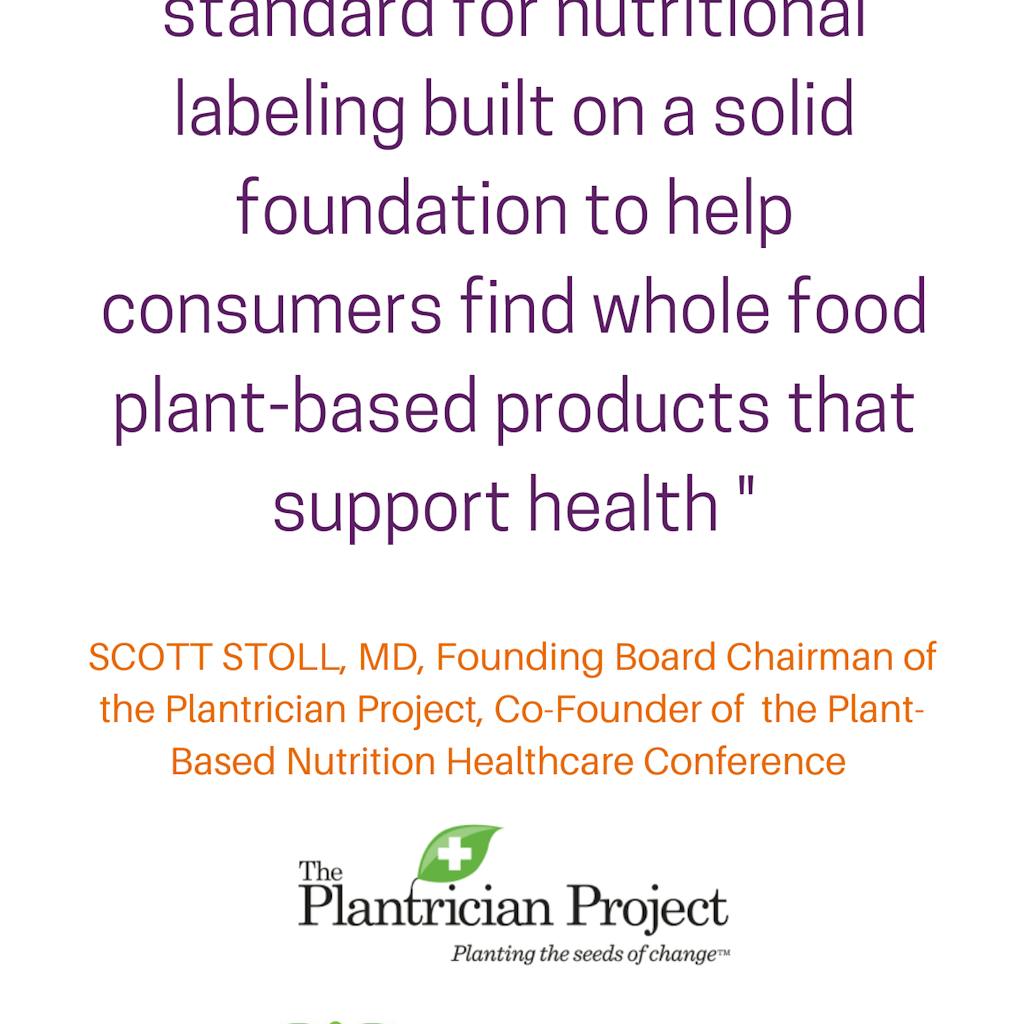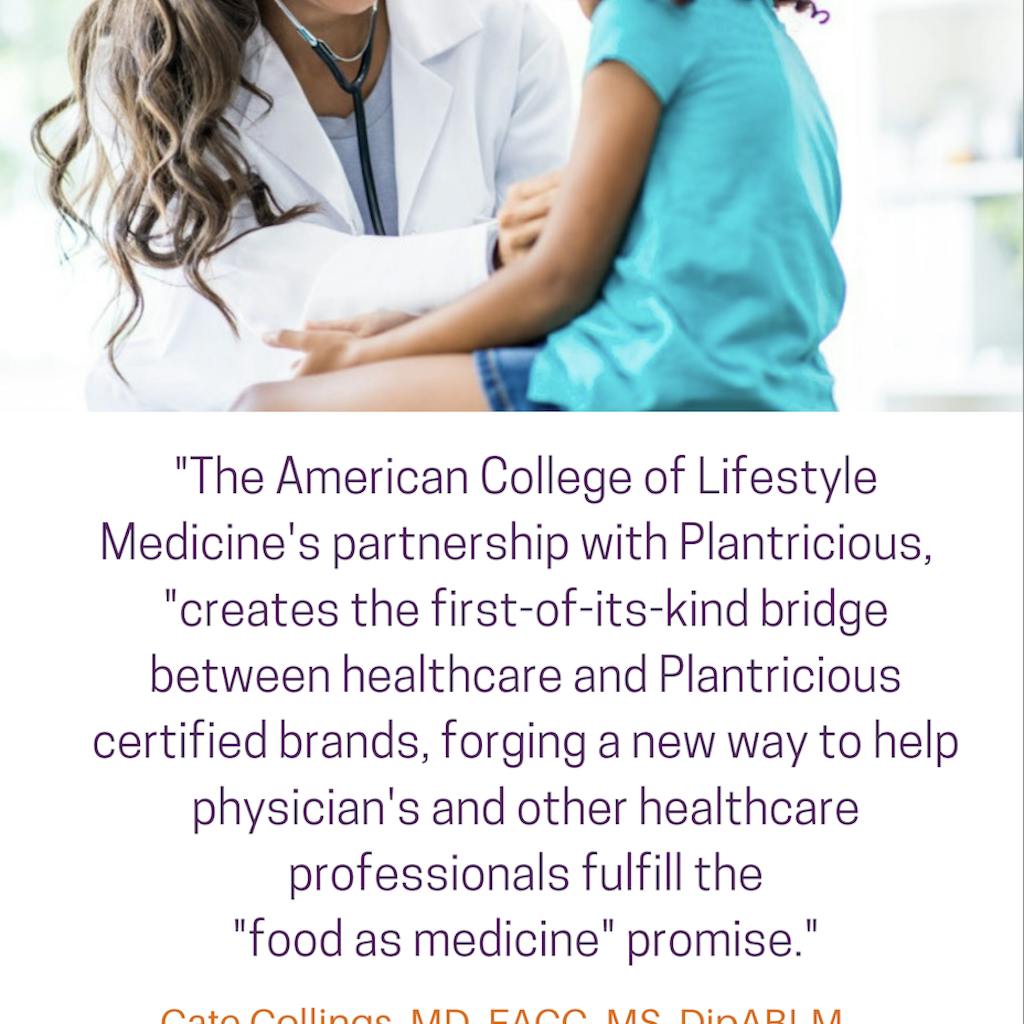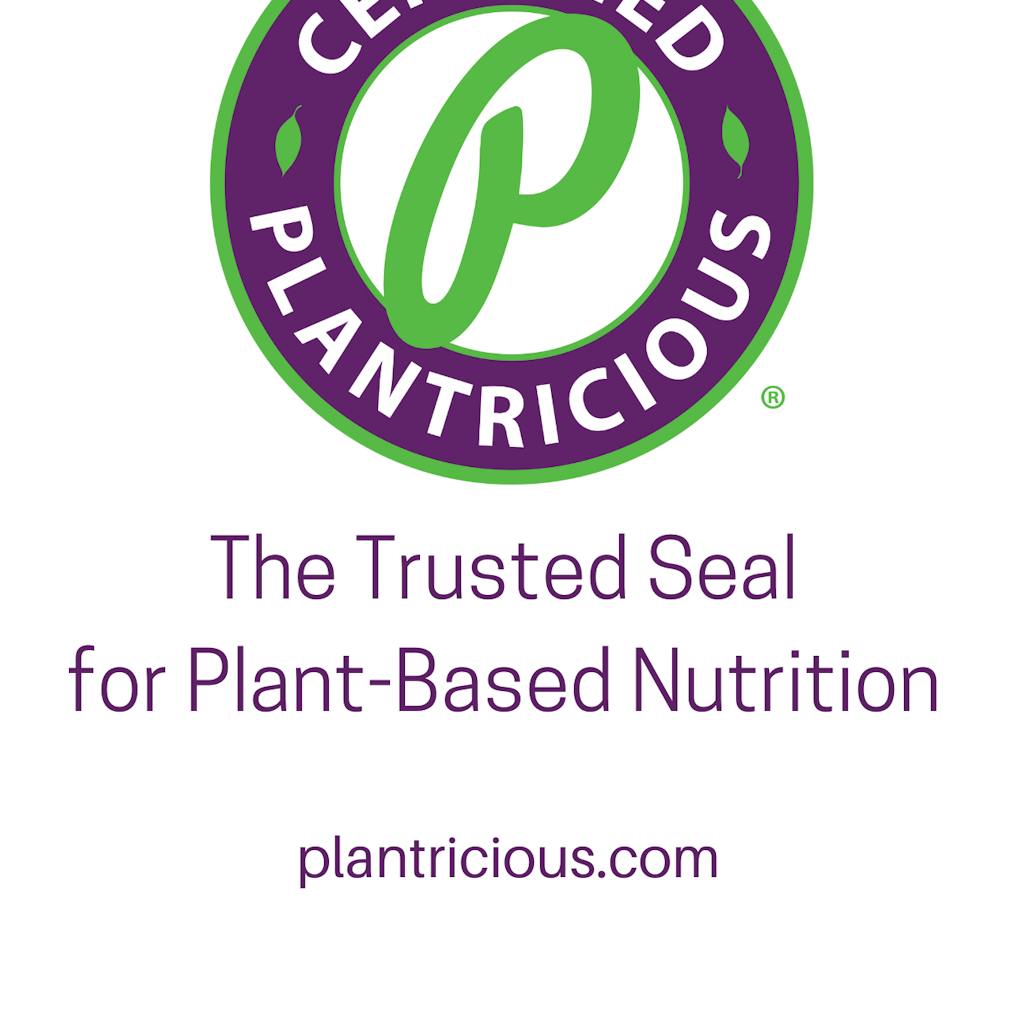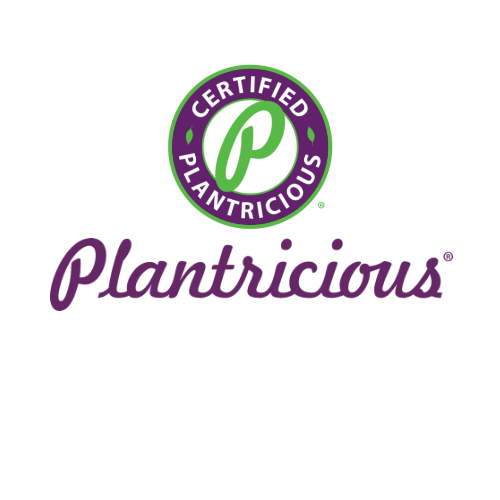Is the Plant-Based Claim at Risk?
In a recent Food Navigator article, the question was posed—is the “plant-based” claim at risk of losing credibility with consumers? According to Stephanie Mattucci, Associate Director, Food Science at Mintel, their research says it is. Mattucci states, “Given the current growth and ambiguous nature of plant-based claims, plant-based foods are poised to follow a path paved by all-natural claims,” which has lost much of its perceived health halo as consumers become more label savvy.
Mattucci warns, “This backlash could negatively impact consumers’ perception of plant-based claims, leaving them to question their value.”
Importance of bringing clarity to the confusion
There are so many good reasons to eat more plant-based foods. Whether you are eating for your health, the environment, animals, or climate, every single bite we take presents an opportunity to make a difference personally, locally, and globally. It is no wonder that the plant-based food space has had such extraordinary growth in the past few years.
According to Mintel Purchase Intelligence data, many consumers believe plant-based products are healthier, as compared to other food and beverage products. “Unfortunately, that is not always true. Therein lies the confusion. With more than 83% of consumers eating more plant-based foods for health reasons, making sure that they are eating truly healthy plant-based foods can mean a matter of life or death to some, says Paige Ohliger, Founder and CVO of Plantricious.
“If plant-based claims follow the same path as all-natural, simply being labeled ‘plant-based’ will not be enough in the long term. Brands will need to prove how their plant-based products and ingredients are better for people,” says Mattucci.
Loss of trust in the plant-based claim could not only have a devastating impact on the plant-based industry but on our health and the health of the planet. There is a certification that does bring clarity to this confusion. While the Food and Drug Administration is trying to crack down on consumers’ salt intake, their guidelines for food companies are still voluntary. That’s where the Plantricious certification comes in, to fill the gap between what is claimed to be a “healthy” plant-based product and what is actually nutritious.
The Plant-Nutritious Claim
Recognizing the plant-based food industry needed a way to differentiate between the plant-based (good for the planet, climate, animals, and healthy for some) and the plant-nutritious (good for the planet, climate, animals, and beneficial for most). Thus, the Plantricious certification was created.
Plantricious LLC, in partnership with the nation’s leading healthcare experts, defined a set of nutrition guidelines based on science and created a seal that makes it easy for the public to identify those nutrient-dense, fiber-filled, and health-promoting plant-based foods that their healthcare practitioners are prescribing.
The Plantricious certification is the only certification that is specifically created for the plant-based food industry based on nutrition guidelines and is endorsed by more than 300 healthcare professionals and organizations. As consumers become more educated, they will be looking for products they can trust and are able to deliver on their promises.
Nutrition Guidelines Based on Science

The Certified Plantricious certification is considered the “gold standard” for prepared and packaged plant-based foods that meet the seven nutrition guidelines defined by the healthcare experts and the Guideline Advisory Board.
The Plantricious Friendly Guidelines are made up of guidelines one through five of the Certified Plantricious Guidelines. This certification identifies those prepared and packaged plant-based foods that may be used as ingredients in a product or consumed in combination with Certified Plantricious foods. They are not intended to be considered a complete meal on their own. These foods may include but are not limited to condiments, sauces, beverages, dressing, marinades, or snacks.
Interested in getting your plant-based business Plantricious certification? Reach out to their team on RangeMe here.




